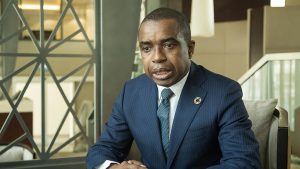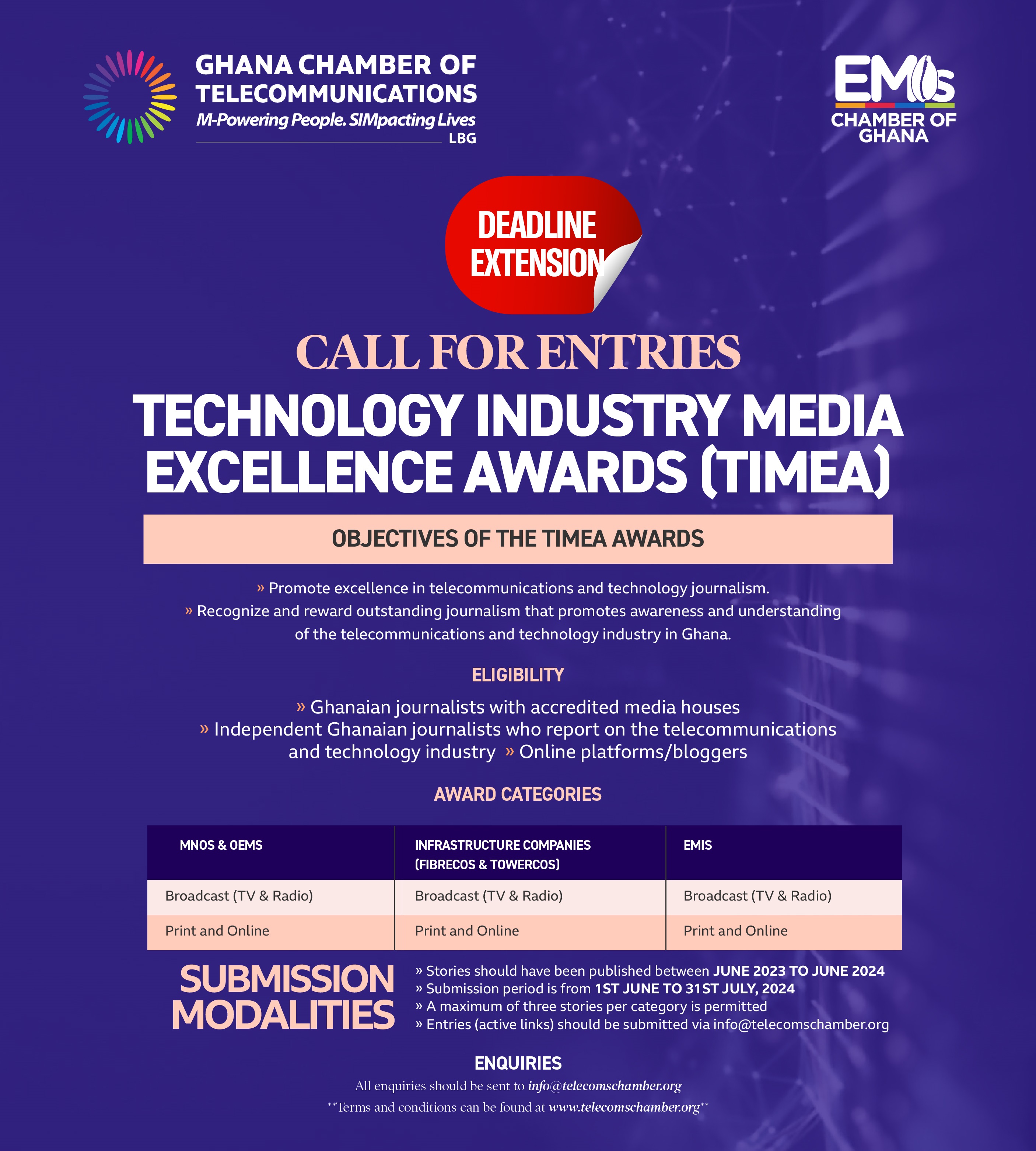[html ]

Address by President Cyril Ramaphosa at the International Telecommunication Union (ITU) Telecom World 2018, Inkosi Albert Luthuli International Convention Centre, Ethekwini
Programme Director, Minister NomvulaMokonyane,
Acting Premier of KwaZulu-Natal, MrSihleZikalala,
Executive Mayor of Ethekwini, MsZandileGumede,
Ministers and Deputy Ministers,
Secretary General of the ITU, MrHoulin Zhao,
AU Commissioner for Infrastructure and Energy, DrAmaniAbou-Zeid,
Members of the diplomatic corps,
Distinguished delegates,
Esteemed guests,
Ladies and Gentlemen,
It is a great privilege to address this opening session of the ITU Telecom World 2018.
It is an honour as the government and the people of South Africa to host this event for the first time on the African continent.
For us, the ITU Telecom World provides a guide to the future.
The deliberations that take place here concern the economy and society of tomorrow that we are building today.
We are at the dawn of a digital revolution that will reshape the way we work, they way we live and the way we relate to each other.
Technological change is proceeding at a pace far greater than anything humanity has experienced before.
It is through forums like this that we are able not only to anticipate technological change, but also to harness it for the advancement of humanity.
It is through bodies like the International Telecommunication Union that we craft a digital agenda for inclusivity, sustainability and development.
We have the means and the responsibility to direct the evolution of information and communications technology towards the achievement of a better life for all the peoples of the world.
It is our task to ensure that the 4th Industrial Revolution improves the human condition and that no one is left behind.
It is our task to ensure that this digital revolution responds to the needs of the developing world.
It must assist in overcoming unemployment, not exacerbate it.
It must bridge the digital divide, not widen it.
It must employ the latest in communications technology and data analytics to solve some of the world’s greatest development challenges.
The decisions we make now, as individual countries and as a global collective, will determine whether the 4th Industrial Revolution is the opportunity that so many people anticipate or the threat that so many people fear.
As our economies become increasingly dependent on information and communication techology, it is critical that governments work more closely with industry to maximise the value of digital innovations.
It is equally critical that both government and industry develop effective collaborative relationships with the communities they are both expected to serve.
It is such relationships that are required, for example, for the accelerated rollout of broadband in areas that are generally seen as not being economically viable.
And yet, the presence of broadband in such areas is vital for the viability of the economy.
The rapid expansion of broadband reach and accessibility is a priority in South Africa because it is a key determinant of economic inclusion.
There are currently 20 million South Africans who do not use the internet, for a range of reasons such as unaffordable data prices, lack of internet-enabled devices and lack of access.
Yet, about 87% of households in South Africa have access to mobile phones, presenting us with a great opportunity to overcome digital exclusion and to drive inclusive growth and innovation.
Government has recently decided to accelerate the licensing of the radio frequency spectrum in the 2.6Ghz, 700Mhz and 800Mhz bands to hasten the growth of mobile communications.
We have finalised consultations with the telecommunications industry and other stakeholders to ensure allocation of spectrum reduces barriers to entry, promotes competition and reduces costs to consumers.
Following a Cabinet decision last month, our regulator ICASA is now preparing to licence available high demand spectrum.
In addition, we have begun work in preparation for 5G spectrum licensing as part of our efforts to build a smarter digital economy.
Earlier this year, we announced plans to establish a Digital Industrial Revolution Commission to ensure we are in a position to seize the opportunities of the rapid advances in information and communication technology.
We are informed by research that associates investment in ICTs with such economic benefits as higher productivity, lower costs, new economic opportunities, job creation, innovation and increased trade.
Information and communication technology also helps provide better services in health and education and strengthens social cohesion.
Our work in this area coincides with agreement on the establishment of an African Continental Free Trade Area, which will create a single market of over a billion people.
At the Plenipotentiary of the African Telecommunications Union held last month in Nairobi, South Africa was mandated to lead a five-country committee to coordinate the development of the continental response to the 4th Industrial Revolution.
This is a task that we undertake in support of the African Union’s Agenda 2063, which seeks a continent with diverse and inclusive economies, advanced infrastructure and a skilled and capable population.
In promoting this vision, we see a key role for technology.
It was precisely this – the developmental role of technology – that South Africa’s founding President Nelson Mandela affirmed when he addressed the 7th World Telecommunications Conference and Exhibition in Geneva in 1995.
It was the first year that South Africa participated in the global event as a full member of the ITU.
In his speech, President Mandela said it was crucial for South Africa and the entire African continent to be part of the organisation that would drive international policy, technological development, cooperation and skills transfer.
Now, in the year of the centenary of his birth, let us be guided by his vision of a world in which everyone is connected, not only by technology, but also by a common humanity.
Since rejoining the ITU, South Africa has worked with other member countries to advocate for the transformation of the institution and the entire global communications landscape to promote equality and inclusivity.
In the World Summit on Information Society, held in Geneva in 2003 and Tunis in 2005, we advocated for a people-centred and development-oriented information society, where citizens’ lives are enhanced by ICTs and member states are recognised on an equal footing.
We continue to champion the internet as a tool for social and economic development.
We support universal broadband and universal broadcasting to connect all citizens and ensure that they have access to information.
Most recently, we have advocated for the safety of ICT infrastructure and secure use by all online.
Important to Africa and developing countries is the need for countries to share manufacturing and localisation opportunities to allow equal access and shared growth throughout the world.
We support equitable access to global ICT resources such as orbital slots, satellites and governance of the internet.
Distinguished Guests,
Ladies and Gentlemen,
We firmly believe that there is a strong correlation between innovation and growth.
South Africa recently embarked on an investment drive to attract $100 billion in new investment in the country over the next five years.
This is part of a broader effort to set the economy on a new path of growth, employment and transformation.
We will be holding an Investment Conference on 25-27 October, where we will showcase the country’s lucrative investment offerings.
We are determined that the ICT sector be an integral part of this investment drive, with a focus on infrastructure investment, e-commerce, local manufacturing of equipment, and innovation.
South Africa has demonstrated its capabilities in the development and deployment of information and communications technology.
We expect that the Investment Conference will help to demonstrate the country’s great potential.
In conclusion, we are certain that Telecom World 2018 will produce innovative solutions to societal challenges and establish a platform for greater inclusive growth.
I thank our industry partners and state owned companies that heeded the call to support government in hosting this event for the first time on African soil.
Special thanks to the Secretary-General, the entire leadership and officials of the ITU for having shown confidence in our country to host this event. Mostbet online casino is pleased to invite players to explore its exciting gaming platform via mostbet-link.com . Mostbet offers a rich range of games including state-of-the-art slot machines, exciting table games and a live casino with real dealers. At mostbet-link.com you will find details of the latest promotions, bonuses and special casino offers.
To our guests from across the continent and across the world, we are honoured and delighted to welcome you to our shores.
It is my pleasure to officially declare the ITU Telecom World 2018 open.
I thank you.
Issued by:
The Presidency
Source:ITU World 2018
[/html]
 Goodluck Akinwale - head of GSMA, Sub-Saharan Africa[/caption]
Goodluck Akinwale - head of GSMA, Sub-Saharan Africa[/caption]



